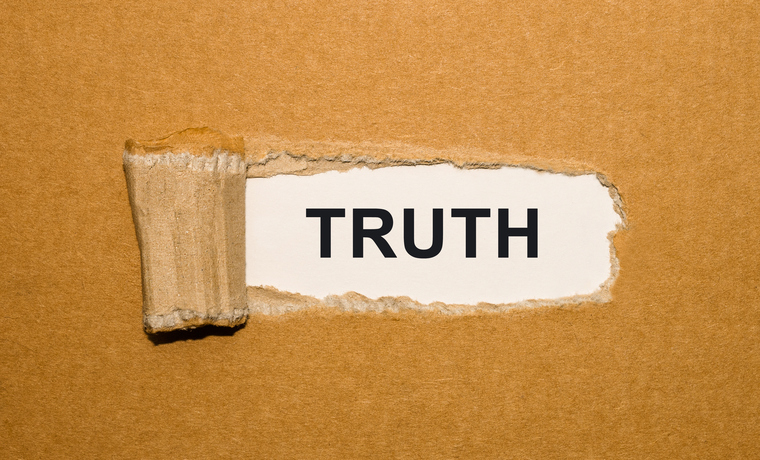Do you know what it is to be without guile? I’ll give you a minute to look it up if you don’t know. (Tick, tick, tick…) Ok. Times up.
Today is the feast day of St. Bartholomew the Apostle, first introduced to us as Nathanael by Philip, when Philip brought Bartholomew to meet Jesus. Philip told Bartholomew that he had found the one of whom the prophets said would come. But then, Jesus told Bartholomew that he [Jesus] already knew Bartholomew because Jesus saw him under the fig tree and that Bartholomew was “…a true child of Israel. There is no duplicity in him”, Bartholomew was an instant believer. His open heart knew and responded. And it responded without guile.
Now, what does it mean to be without guile? It means to be free of deceit, cunning, hypocrisy or dishonesty in thought or deed. Psalm 32:2 says: “Blessed is the man to whom the Lord imputes no guilt, in whose spirit is no deceit (guile).”
Applying this to us, and it most certainly isn’t easy, means that we mean what we say and say what we mean, honestly and kindly. We should have no hidden agendas or ulterior motives in what we do or say. No trickery or manipulation. No using someone for personal gain.
Then, it goes beyond just our interactions with others. Being without guile also means that we are brutally honest with ourselves and about ourselves. Do we recognize the deceit or sin within us? Can we define it and be honest about its hold on our lives, prompting us to take action for change? Today may be a good day to look at the people around us and to identify if anyone has a guileless spirit. Someone who is kind, honest and speaks the truth when needed is not our enemy, but rather our example. And make no mistake. Being without guile does not translate to naivete. Jesus was a man without guile, and he was anything but naïve. A person without guile has an innocent spirit, is tender, not hardened, and truth matters.
I have to believe that every time we celebrate the Sacrament of Reconciliation we have a new opportunity to develop an innocent, guileless spirit — if we are honest. I would hope that no one leaves Reconciliation believing that the final prayer and the penance are the end of it. Rather, we should leave Reconciliation with a renewed conviction to removing all false intentions from our hearts. Reconciliation should be the sunlight on the dusty furniture. It highlights the sin that does not readily show in the dim light, and gives us the opportunity to “clean up.” Psalm 24:3-5 tell us:
Who may ascend into the hill of the Lord?
And who may stand in His holy place?
He who has clean hands and a pure heart,
Who has not lifted up his soul to falsehood
And has not sworn deceitfully.
He shall receive a blessing from the Lord
And righteousness from the God of his salvation.
God Bless.

Jeanne Penoyar, an Accounts Manager here at Diocesan, is currently a Lector at St. Anthony of Padua parish in Grand Rapids, MI. While at St. Thomas the Apostle, Grand Rapids, Jeanne was a Lector, Cantor, Coordinator of Special Liturgies, Coordinator of lectors and, at one time, chair of the Liturgy Commission. In a past life, secretary/bookkeeper at the Basilica of St. Adalbert where she ran the RCIA program for the Steepletown parishes. And she loves to write! When relaxing, she likes reading and word puzzles. You can contact her at jpenoyar@diocesan.com.

